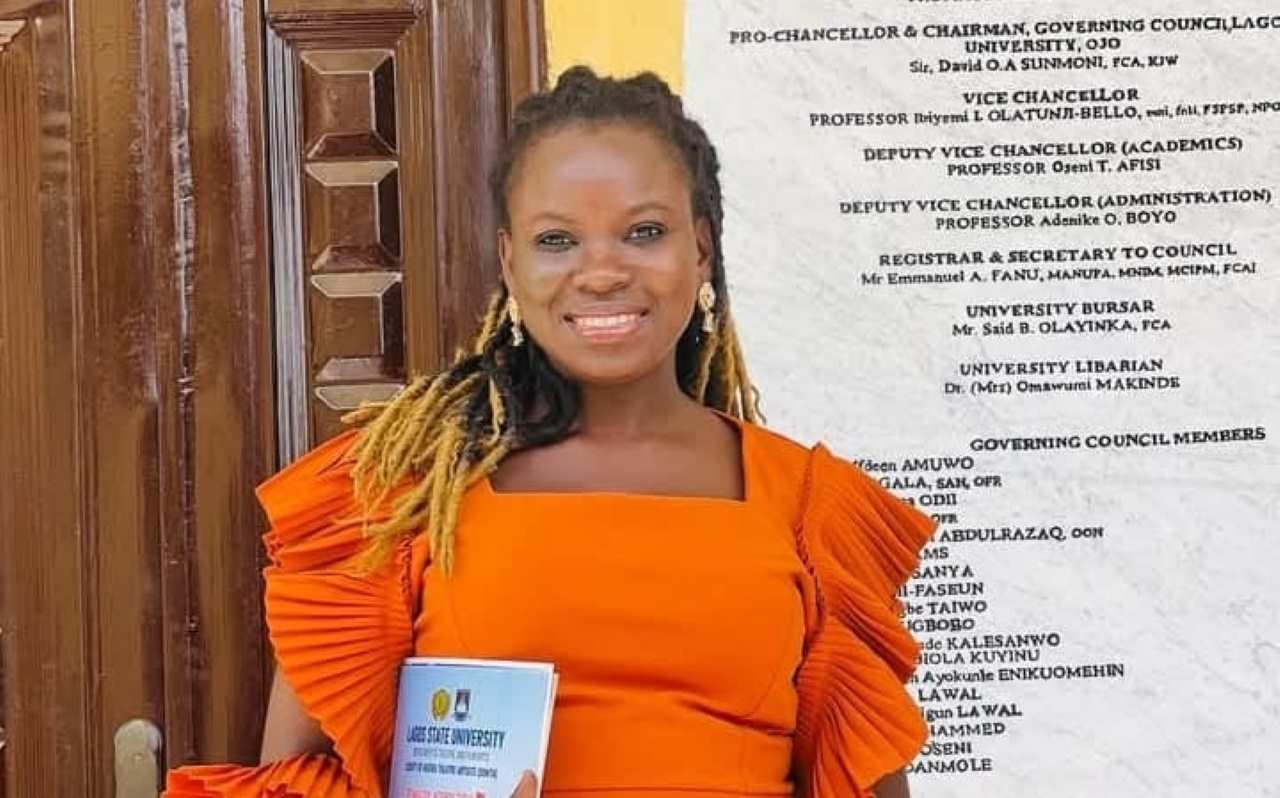U.S.-based Nigerian researcher, Chinelo Eneh, has presented new studies on African literature and health humanities at academic gatherings, including the African Studies Association and the Global Souths Conference.
Eneh’s presentations examined the portrayal of healing, identity, and survival in literature, with a focus on indigenous, colonial, and postcolonial contexts.
She explored the impact of urbanisation on the mental health of African women, the role of Black folklore in sustaining cultural identity, and how fictional characters respond to climate and environmental stressors.
“Health in African literature is not only about hospitals or medicine,” Eneh said. “It’s about how characters navigate their worlds through belief systems, memory, trauma, and community. These stories help us understand health as something rooted in identity and environment.”
Eneh’s research brings together literature, history, and identity studies to expand the scope of health humanities from an African perspective. Her earlier thesis, ‘A Case for the Negotiation of Agency by Disenfranchised Subjects in Contemporary Nigerian Literature’, examined two novels — ‘Half of a Yellow Sun’ by Chimamanda Adichie and ‘Buried Beneath the Baobab Tree’ by Adaobi Tricia Nwaubani.
“The study focused on how Nigerian women and girls reclaim agency in times of war and political instability, highlighting how narratives of survival challenge the typical portrayals of helplessness in postcolonial scholarship,” she said.
In addition to her research, Eneh teaches undergraduate composition at Florida State University and works with first-generation students under the university’s CARE program.
She has been nominated for the Excellence in Teaching First-Year Composition Award and continues to mentor students in academic and personal development.






